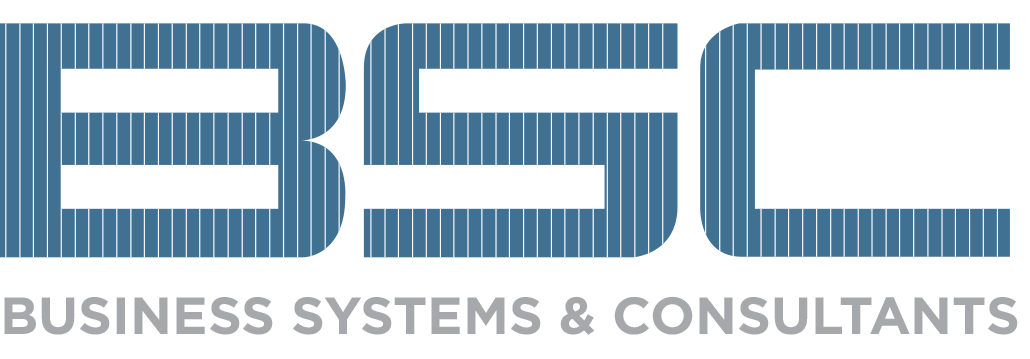MBI of ECM on Productivity
November 10, 2016
ECM (enterprise content management) technology allows knowledge workers to access, share, and collaborate more efficiently and effectively. The resulting meaningful business impact comes in terms of higher output per man hour. Higher output is measured differently and with ECM is found in IT productivity, AP productivity, compliance management productivity, product development productivity, patient care productivity, and the all-important customer facing service productivity. Every organization can benefit from ECM and it doesn’t matter if you are a bank, a government agency, a school/university, a police department, hospital, automotive manufacturer, telco, non-profit, or retailer.
Productivity gains are sometimes measured by headcount reduction or the ability to re-purpose knowledge workers to more complex tasks. Sometimes the MBI of productivity is measured in terms of being a force multiplier in a growing organization (getting more done with the same staffing levels). This meaningful business impact allows you to maintain the bottom line costs of a P&L while the revenue line increases. It makes growing businesses more scalable and being more scalable as a business means higher margins and profits.
Some well documented accounts payable implementations of ECM technology result in a huge reduction in the cost to process and invoice. Many examples exist where these costs decrease from $40 to less than $2 per invoice. Naturally the cost savings would be calculated by dividing the cumulative savings per invoice into the cost of deploying the technology. Getting to the cost savings is a complex issue and BSC provides thorough analytical tools and expertise to facilitate the MBI conversation.
These MBI calculations are complex and BSC has a team of business analysts that work with their clients to document these hard dollar costs and savings. Another positive outcome is also measured in improved cash flow and vendor relationships.

